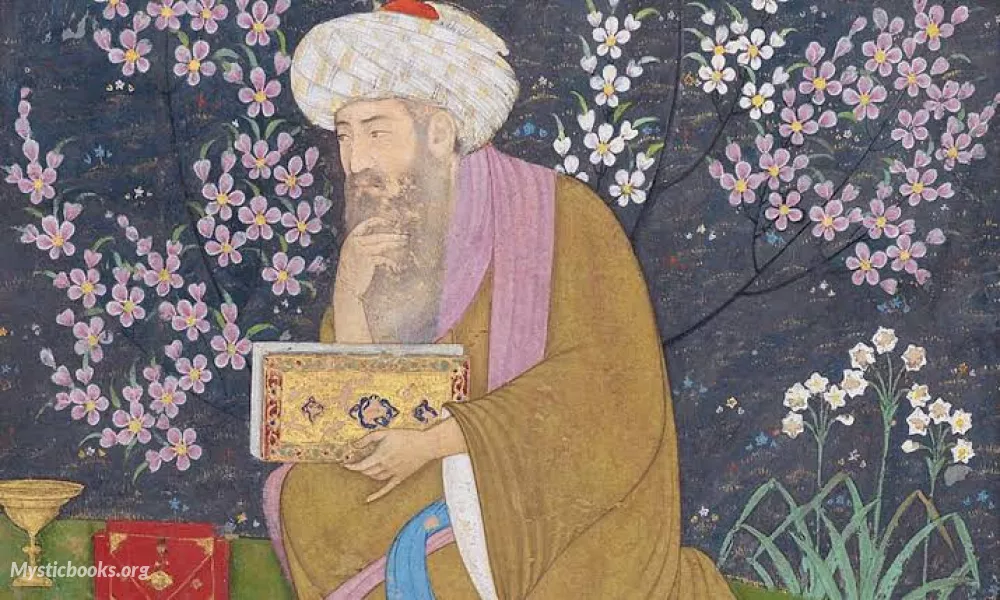
Timeline
Title
Country/Nationality
Muhammad ibn 'Abd al-Malik Ibn Tufail
Muhammad ibn 'Abd al-Malik Ibn Tufail (Latinized as Abubacer Aben Tofail) was an Arab Andalusian Muslim polymath: a writer, Islamic philosopher, Islamic theologian, physician, astronomer, and vizier. He was also a court official for the Almohad dynasty.
Ibn Tufail was born in Guadix, Spain, in 1105. He studied philosophy and medicine at the University of Córdoba, where he was a student of Averroes' father. After completing his studies, Ibn Tufail served as a physician and secretary to several Almohad rulers. In 1169, he was appointed vizier to the caliph Abu Yaqub Yusuf I.
Ibn Tufail is best known for his philosophical novel, Hayy ibn Yaqdhan (The Living Son of the Vigilant). The novel tells the story of a man who is raised in isolation on a desert island. Hayy ibn Yaqdhan discovers the world around him through his own reason and observation. He eventually comes to understand the nature of God and the universe.
Principles
Ibn Tufail was a devout Muslim, and his philosophy was influenced by the work of earlier Muslim philosophers, such as Ibn Sina and Al-Ghazali. He believed that reason and observation are the best ways to understand the world around us. He also believed that God is the creator and sustainer of the universe, and that the universe is governed by natural laws.
Notable works
Ibn Tufail's most notable work is his philosophical novel, Hayy ibn Yaqdhan. He also wrote a number of other philosophical works, including:
- On the Improvement of the Human Reason
- The Necessity of Philosophy for the Study of Theology
- The Epistles of the Brethren of Purity
Philosophy
Ibn Tufail's philosophy was based on the belief that reason and observation are the best ways to understand the world around us. He also believed that God is the creator and sustainer of the universe, and that the universe is governed by natural laws.
Ibn Tufail's philosophy was influential in both the Islamic and Western worlds. His novel, Hayy ibn Yaqdhan, was translated into Latin in the 13th century, and it was read by many European philosophers, including John Duns Scotus and Roger Bacon.
Death and legacy
Ibn Tufail died in Marrakesh, Morocco, in 1185. He is remembered as one of the most important Muslim philosophers of the Middle Ages. His work had a profound impact on both Islamic and Western thought.
How is he remembered?
Ibn Tufail is remembered as a brilliant philosopher and writer. His novel, Hayy ibn Yaqdhan, is considered to be one of the most important works of Arabic literature. It is also a significant work of philosophy, as it explores themes such as the nature of God, the human mind, and the relationship between reason and faith.
Ibn Tufail's work continues to be studied and discussed by philosophers and scholars today. He is considered to be one of the most important figures in the history of Islamic thought.
Books by Muhammad ibn 'Abd al-Malik Ibn Tufail

The Improvement of Human Reason
"The Improvement of Human Reason" by Muhammad ibn 'Abd al-Malik Ibn Tufail is a timeless philosophical work that beckons the mind to wander through the corridors of enlightenment and reason. Imagine a world where the quest for knowledge leads a solit...